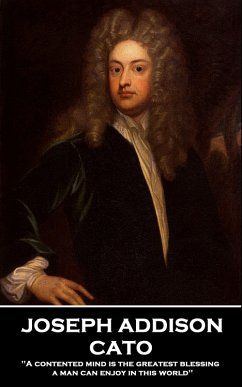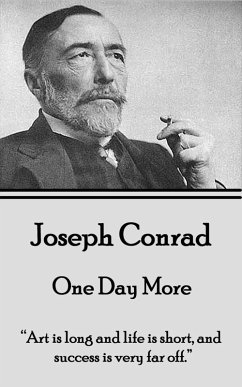
Polyeucte (eBook, ePUB)
'The greater the effort, the greater the glory''
Übersetzer: Constable, Thomas

PAYBACK Punkte
1 °P sammeln!
Pierre Corneille was born in Rouen, France on 6th June 1606.As a young man, Corneille earned the patronage of Cardinal Richelieu, who, in turn, was set on promoting classical tragedy along formal lines. The two later fell out over Croneille's best-known work, The Cid, about a medieval Spanish warrior, which was denounced by the newly formed Académie française.Despite this Corneille continued to write and find success with his tragedies for nearly four decades.Pierre Corneille died in Paris on 1st October 1684. He, alongside Molière and Racine, one of the three great seventeenth-century Fren...
Pierre Corneille was born in Rouen, France on 6th June 1606.
As a young man, Corneille earned the patronage of Cardinal Richelieu, who, in turn, was set on promoting classical tragedy along formal lines. The two later fell out over Croneille's best-known work, The Cid, about a medieval Spanish warrior, which was denounced by the newly formed Académie française.
Despite this Corneille continued to write and find success with his tragedies for nearly four decades.
Pierre Corneille died in Paris on 1st October 1684. He, alongside Molière and Racine, one of the three great seventeenth-century French dramatists.
As a young man, Corneille earned the patronage of Cardinal Richelieu, who, in turn, was set on promoting classical tragedy along formal lines. The two later fell out over Croneille's best-known work, The Cid, about a medieval Spanish warrior, which was denounced by the newly formed Académie française.
Despite this Corneille continued to write and find success with his tragedies for nearly four decades.
Pierre Corneille died in Paris on 1st October 1684. He, alongside Molière and Racine, one of the three great seventeenth-century French dramatists.
Dieser Download kann aus rechtlichen Gründen nur mit Rechnungsadresse in D ausgeliefert werden.













